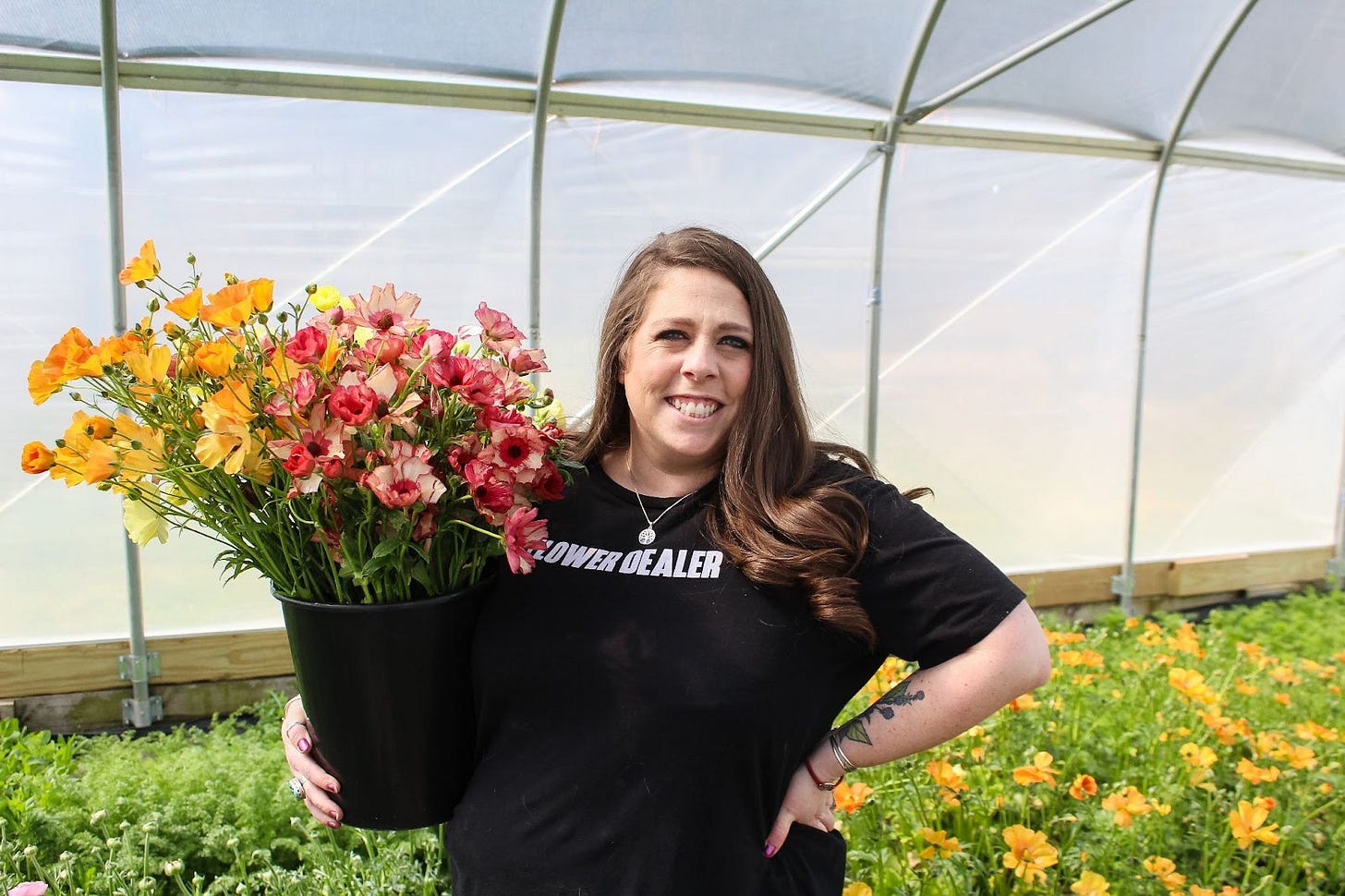This All-Female Family Farm Grows Flowers for the First Lady and Everyone Else
Harmony Harvest Farm’s Stephanie Duncan shares what it’s like to help adorn the prestigious First Lady’s Luncheon with their homegrown flowers.

Stephanie Duncan gazes across the expansive Washington, D.C. ballroom and pinpoints this exact moment. The room is empty, but bursting with anticipation. It’s her favorite part no matter how many times she has volunteered. It’s the moment before the doors swing open to the prestigious First Lady’s Luncheon.
“Oh my gosh,” she says. “When you see the beautiful floral arrangements that are on the tables and on the main stage, it is just truly a moment of pride.”
The luncheon is a Washington bi-partisan, annual tradition honoring the first lady and is hosted by the Congressional Club. It’s made up of spouses of members of Congress and was designed in 1908 to help foster friendships among the legislative leaders.
It’s the flowers that capt…



